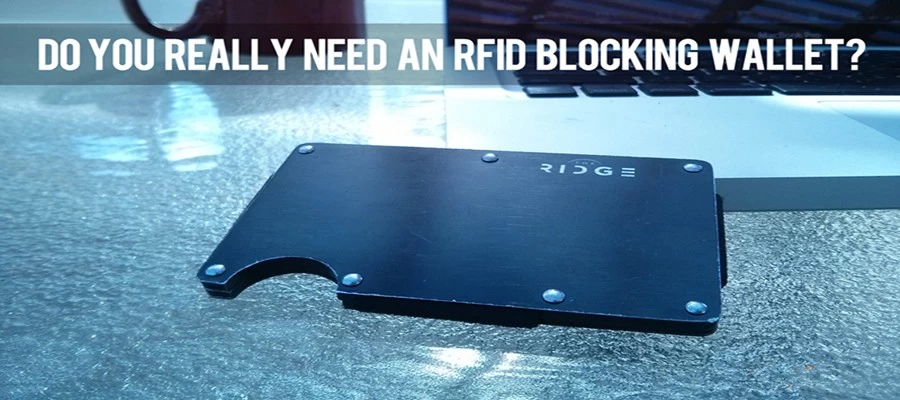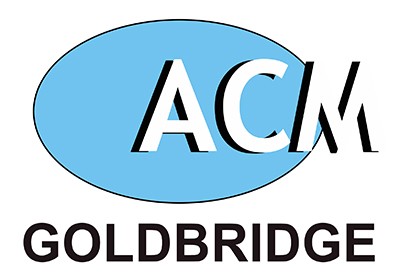Do you really need an RFID blocking wallet?

Buying a wallet used to be a relatively simple decision. You can choose between a bifold or trifold credit card case or perhaps just a money clip. Now, if you flip through technology or gadget magazines, you'll find a whole new genre of wallets designed with RFID blocking protection. Like this one from Common Fibers and Billetus RFID (Radio Frequency Identification), blocking wallets are, in theory, made to protect your smart cards from identity thieves who use cheap, portable RFID scanners to extract your card information from a distance. After downloading your card information, they create a new card with your card number and details. This is where the real damage begins, because the new cards read exactly like a legitimate credit card and credit card scanners can't tell the difference. Criminals can do all this from several meters away, without you knowing what is happening.
With the scary reality in mind, do you really need an RFID-blocking wallet? Do they work as advertised? To some extent, they can offer a level of protection, but not all of these wallets work as well as others. Tests by Consumer Reports and others have shown that some of the ACM RFID-blocking wallets on the market work just as well as wrapping your credit cards in a layer of aluminum foil.
It's also not certain whether the threat of RFID skimming occurs frequently enough to really be a concern for most people. There have been very few reported cases of RFID theft crimes, and for good reason. There are simpler and more effective ways to steal people's personal information and money.
RFID technology has improved significantly since its inception. Previous versions would transmit sensitive information unencrypted, including credit card numbers. However, according to major credit card companies, the latest RFID payment systems are extremely secure and now utilize full data encryption. However, RFID technology may be slowly dying as card companies begin the transition to cards with EMV chip and PIN technology, which are considerably less susceptible to remote cloning. EMV cards don't transmit a radio frequency signal, so an RFID-blocking wallet won't do much good with these new cards.
Even if you switch to all EMV-based credit cards, you can still transmit an RFID signal from your driver's license or passport. Fortunately, the only information someone is likely to steal is your name and physical address. Even if compromised, this basic information probably won't make you a victim of fraud or identity theft. If you consider yourself a James Bond wannabe or are a little paranoid, an RFID-blocking wallet could be a smart purchase. However, you are likely to be fine without one.



